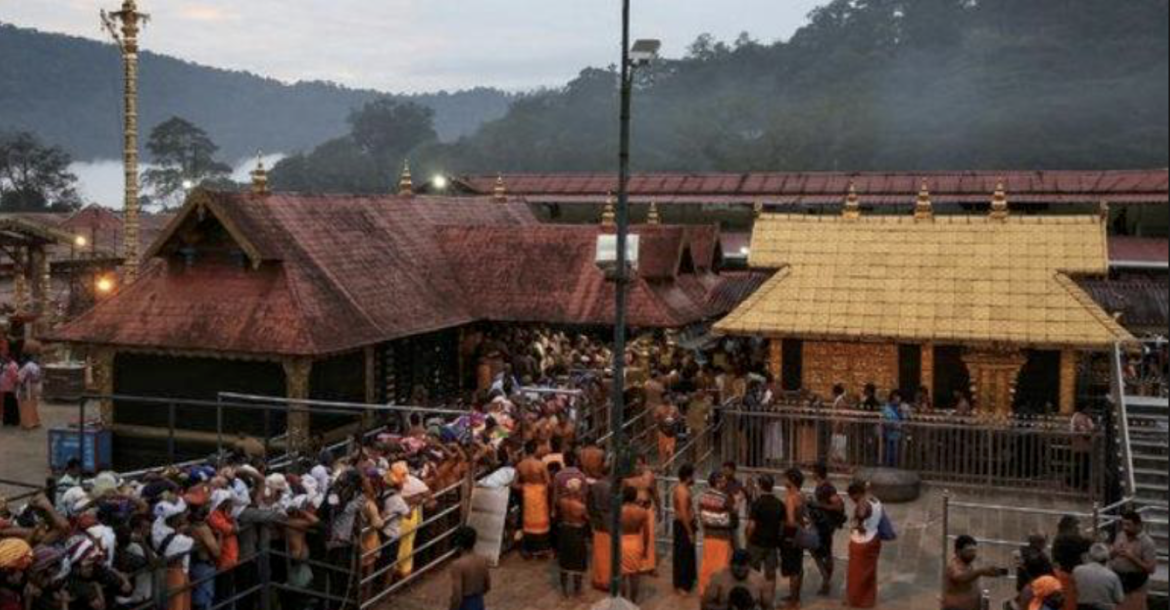The review was opposed by the Kerala government, which said the court’s ruling was legally sound and there were no grounds for review.
From Our Correspondent
KOCHI: The Indian top court on Wednesday reserved its verdict on a challenge to its ruling allowing entry of women of all ages into Sabarimala temple.
Read More
- Biden administration unveils proposed reforms to controversial H-1B Visa programme
- Qatar Airways CEO Akbar Al Baker steps down after 27-year tenure
- EAM Jaishankar, IAEA Director General discuss developmental significance of nuclear energy
- UAE: Ruler of Ras Al Khaimah receives delegation from World Economic Forum
- India can expect overall delays in visa processing: Canada Immigration authority amid standoff
A constitution bench headed by Chief Justice Ranjan Gogoi heard arguments for over four hours by all parties on a batch of 65 petitions seeking a review of its ruling allowing the entry of women into the temple.
The review was opposed by the Kerala government, which said the court’s ruling was legally sound and there were no grounds for review.
“There is a vast difference between essential religious practices of a religion and of a temple, which cannot be confused with each other. The exclusion of women is not essential to the Hindu religion as women are allowed in other Ayyappa temples,” senior advocate Jaideep Gupta, appearing for the Kerala government, said.
Senior advocate K. Parasaran, appearing for the Nair Service Society (NSS), told the court that it was erroneous to have struck down a custom of a temple under Article 15 of the Constitution. He added that unless a practice is very abhorrent, courts normally do not interfere in activity Kerala Temple associated with religious institutions.
Senior Counsel Indira Jaising, appearing for two women – Bindu and Kanaka Durga- who entered the temple, submitted that they were facing intense threats after temple entry. This was not a mere case of exclusion, but social boycott. The purification ritual conducted after temple entry validates the finding of the court that the practice amounted to untouchability. Menstruating women are regarded as polluted and impure, she said. She also sought for positive directions to assure protection for women who have made online booking to visit temple on its next opening day, February 12. “Mobs should not interfere with the right of women to visit temple”, she said.
The Court also heard the arguments of an intervenor, who submitted that the argument that ban on entry of women in the age group of 10-50 years was necessary to protect celibacy was derogatory. The argument amounts to depicting a 10 year old girl as a sexual object, the counsel submitted. After hearing the arguments, the Court reserved orders.






